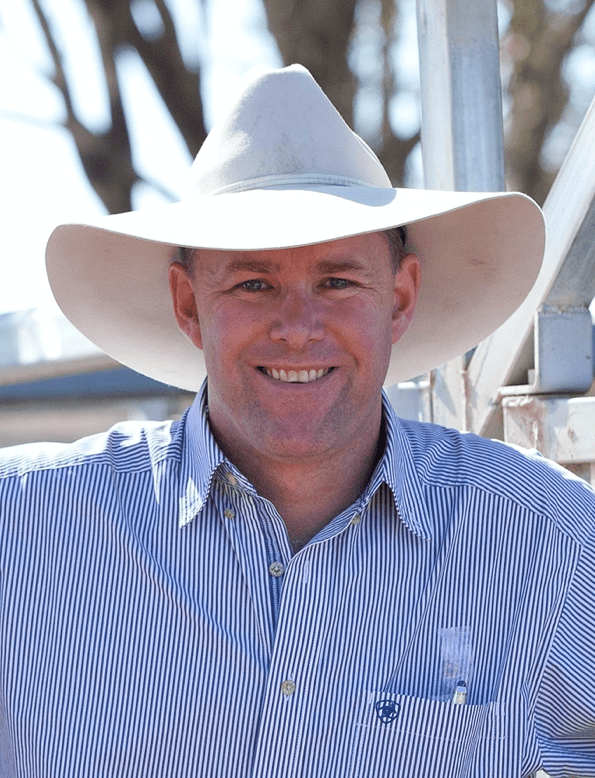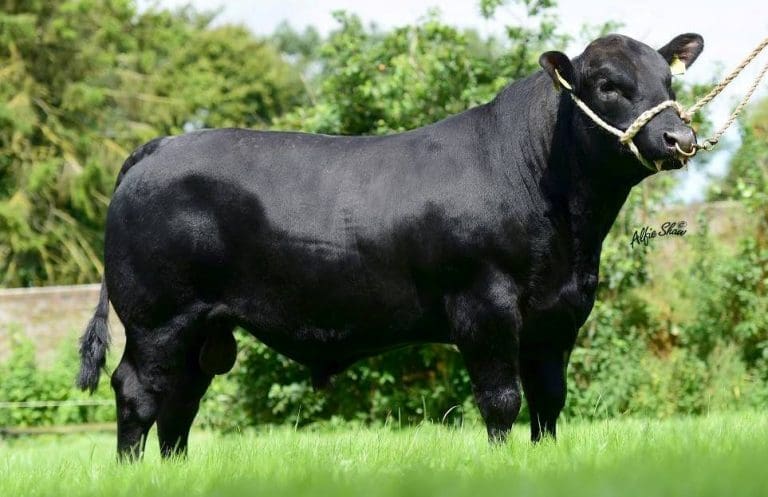Making a statement regarding the relevance of a breed to the broader industry is an effective way to initiate an argument among beef producers! The diversity of the Australian beef breed population means there are passionate advocates for individual breeds and their crosses, who are very willing to make the case for their cattle at any time.
Individual arguments aside, it certainly isn’t uncommon to hear breeds referred to as being less relevant to the industry. These comments are often based on perceptions based on the population share of breeds in northern or southern programs. However, it is also very common for producers who choose to use cattle from smaller breed populations to ask how they can make their breed more relevant to the industry.
In 2022, there were 37 breeds registered with the Australian Registered Cattle Breeders Association (ARCBA). While these are certainly not the only breeds that have populations in the country, it covers most registered cattle. Looking across the list of registered breeds it is apparent that at the registered seedstock level, only 5 breeds have a population that exceed 5% of the total registrations in 2022 (Angus – 36,65%; Brahman – 13.19%; Wagyu 9.56% – Hereford 7.51% Santa Gertrudis 7.12%). There are many other common and popular breeds that have a very large share of the industry population which don’t necessarily have large seedstock registrations.
As noted previously in Beef Central, the Beef Intentions Survey carried out by MLA has helped clarify the predominance of breeds and cross breeds across the industry. The dominance of Angus and brahman genetics across herds was certainly well known before this survey. However, determining the relevance of a breed should not necessarily be made purely on number or dominance alone.
Perhaps a better question to consider is that of the degree of influence a breed can have on the industry. While influence does often come with size and number, it’s not the only consideration. Influence can be driven through the opportunity to make more considered selection decisions and in the use of genetic attributes that exist within a breed. This is not necessarily a new concept. Almost all advocates of individual breeds will quickly start to describe the genetic traits or advantages that exist in their breed.
However, there is a difference between advocacy and evidence. A key factor in the consolidation of the dominant breeds in southern and northern Australia has been the proof of their genetic potential and associated performance. The ability of producers to access reliable performance data, particularly among British breeds has provided producers with greater confidence in selection decisions. The expansion of the population in turn offers a greater range of variation within a breed, which allows producers to select within a bred for the genetic traits best suited to their production systems.
Without this evidence, it is much more difficult to prove a breed can influence the direction of a herd let alone on the industry at a local, regional or broader level.
The question asked by breeders “what can we do to be more relevant” really needs to be reframed as to “how can we prove our potential and offer a choice to producers?” Ultimately producers are seeking to make improvement to their herd, meeting breeding objectives and driving production. Anecdotal evidence, or data based only on single animals from limited trials or carcase competitions is less useful for producers seeking to make positive change within a herd. Without having evidence that is objective, valid & repeatable across environments and management system, breeds will struggle to prove their capacity to influence and ultimately will therefore become less relevant to the industry in coming years.
 Alastair Rayner is the General Manager of Extension & Operations with Cibo Labs and Principal of RaynerAg. Alastair has over 28 years’ experience advising beef producers & graziers across Australia. He can be contacted here or through his website www.raynerag.com.au
Alastair Rayner is the General Manager of Extension & Operations with Cibo Labs and Principal of RaynerAg. Alastair has over 28 years’ experience advising beef producers & graziers across Australia. He can be contacted here or through his website www.raynerag.com.au

